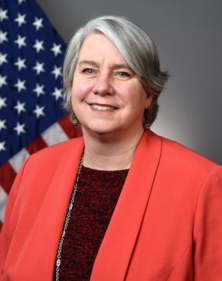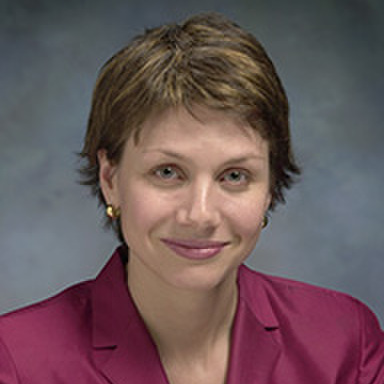
Keynote speaker: Rebecca Goolsby
Dr. Goolsby currently serves as a program officer for the Office of Naval Research in Arlington, Virginia. For the past two decades, she has developed research in social network analysis and computational social science for the US Navy; she was the first person to hold the position of computational social scientist in the U.S. government.
She taught at the University of Washington and Evergreen State College in Washington State before joining ONR where she collaborated with ONR-funded scientists to address the information as it affects command and control, public affairs and communications in the new information environment. She has published many articles in peer-reviewed journals on a variety of topics including understanding terrorist networks, ethics in military research, humanitarian disaster communication concerns, and the diffusion of propaganda via social media. Her 2013 publication for the Woodrow Wilson Center for International Scholarship was the first to identify the potential of Internet and mobile phone communications as a vector for rumor, crowd manipulation and social hysteria propagation1. She is best known for her expertise in Russian information operations online. Among her honors, she was awarded a Fulbright Award and a Special Commendation from the Navy. She is the lead on NATO Research Technology Group, HFM-293 “Digital and Social Media Assessment For Effective Communication And Cyber Diplomacy” where she works cooperatively on international research concerns on defeating disinformation and malign social influence online.Goolsby, Rebecca (2013). “On Cybersecurity, Crowdsourcing and Social-Cyber Attack,” Woodrow Wilson Science and Technology Innovation Program, Commons Lab Memo. Number 1. https://www.wilsoncenter.org/publication/cybersecurity-crowdsourcing-and-social-cyber-attack

Google trainer: Maggie Farley, a former Los Angeles Times foreign correspondent, is now working with Google News Initiative to help journalism thrive in the digital age. She travels around the country to small and medium newsrooms to train journalists in tech tools to enhance their reporting: verification, data visualization, and multimedia skills.
Farley was an adjunct professor in American University’s School of Communications. She also chaired the News Literacy Project’s advisory board, and spent a month in Asia in the fall of 2018 speaking about “Fake News” and disinformation on the State Department’s International Speaker Program.
